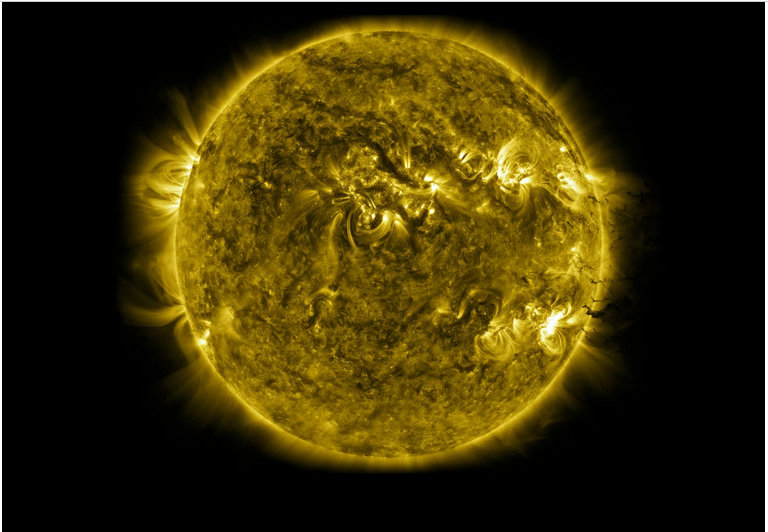How life on Earth will end in 2.8 billion years

Life on earth will end in about 2.8 billion years, according to a study by Jack o'Malley-James, an astrobiologist at St. Andrews University.
Our Sun will slowly warm up as it ages. In almost 5 billion years, it will have exhausted its nuclear fuel and will expand into a star, a red giant that could engulf our planet.
Long before that happens, the heat will be unbearable for existing life forms. Scientists have relied on measurements such as temperature, water and food abundance to assess the future health of the Earth's biosphere.
They deduced from this the moment when life will begin to disappear. As the mercury rises, more and more water vapor will form, which will result in the steady uptake of carbon dioxide, which plants need for photosynthesis.
According to the study, the least resistant plant species will begin their decline in 500 million years. Animals, which depend on them for food and oxygen, will follow suit.

In about 2.8 billion years, there will only be very tough microbes left, until they too succumb to the heat.
Source: websites

